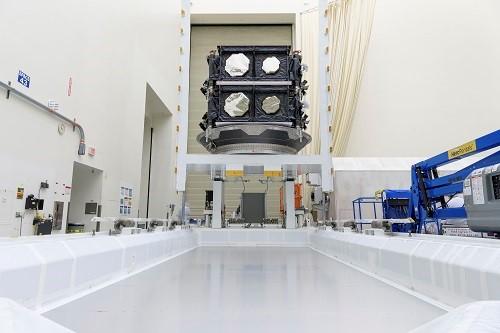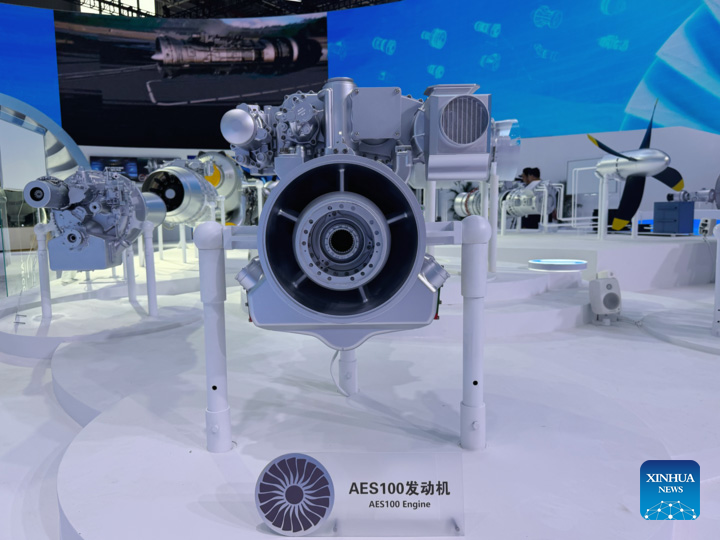Highlighting the Future of Electronic Warfare and Microelectronics.
Lockheed Martin (NYSE: LMT), in collaboration with Altera, an Intel Company, has successfully completed a groundbreaking flight demonstration of the 12th Generation Electronic Warfare (Gen12) transceiver, utilizing Altera’s Agilex™ 9 Direct RF FPGA (Multi-Chip Package, MCP-2). This milestone project, referred to as SWIFT (SHIP-enabled Wideband Transceiver Integrated Flight Test) by the Office of the Under Secretary of Defense for Research and Engineering (OUSD-R&E), challenged Lockheed Martin to showcase advanced electronic warfare capabilities aboard a Group 2 Unmanned Air Vehicle (UAV) within a compressed 12-month timeline.
The demonstration, conducted at the U.S. Army’s Yuma Proving Ground, marks the first time Lockheed Martin utilized the Altera Direct RF FPGA in a government test environment. The successful flight test underscored the Gen12 transceiver’s Electronic Support (ES) capability, with the ability to detect, identify, and locate enemy emitters in a Department of Defense (DoD) relevant environment.
This flight test not only confirmed the readiness of Altera’s Agilex™ 9 Direct RF FPGA but also showcased how the technology can enhance electronic warfare operations on size, weight, and power (SWaP) constrained airborne platforms. The technology facilitates the development of low-SWaP, Sensor Open System Architecture (SOSA) aligned digital transceivers, capable of performing both Electronic Support (ES) and Electronic Attack (EA) missions using U.S.-produced semiconductors.
The success of the SWIFT demonstration underscores the significance of the OUSD-R&E’s State-of-the-Art Heterogeneous Integrated Packaging (SHIP) program. This initiative continues to advance the development of domestically manufactured microelectronics tailored for critical Department of Defense applications, ensuring a sustainable and technologically advanced defense infrastructure.




